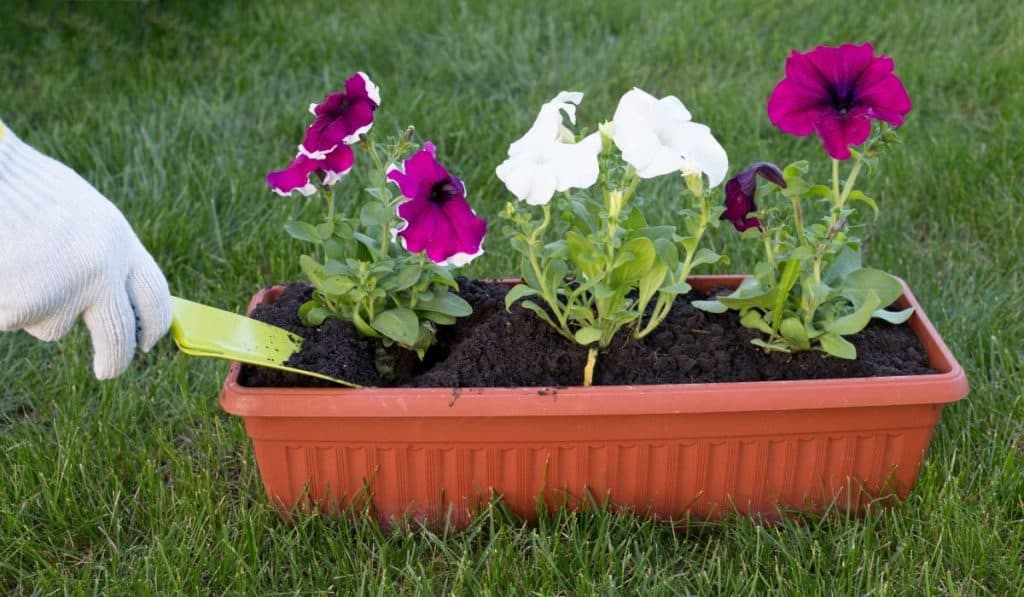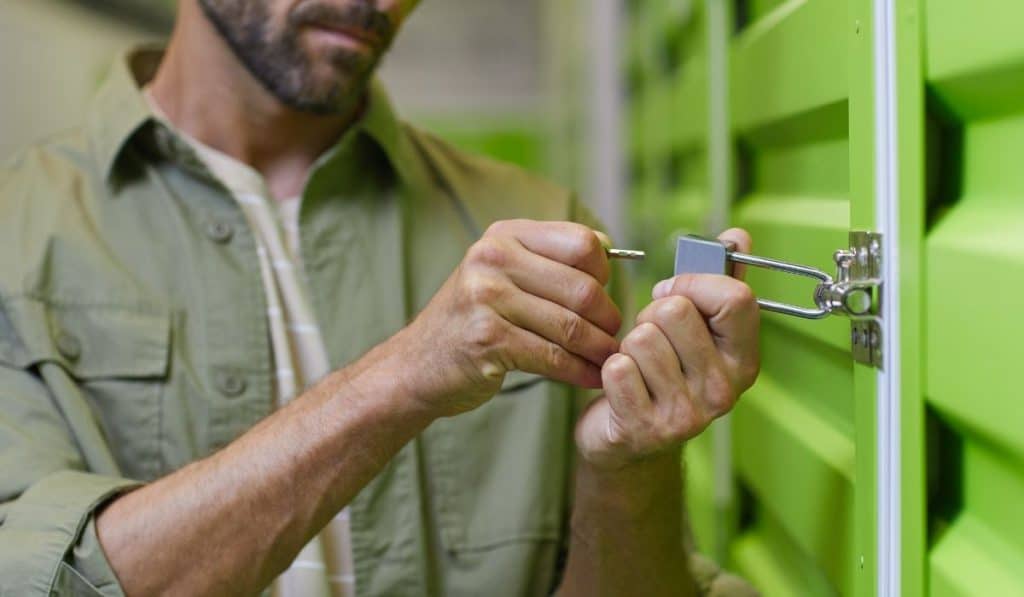Every year, millions of Americans enjoy the flexibility and versatility of storage units. They help people manage small living spaces, keep family heirlooms, and keep seasonal gear in good condition.
Storage units are ideal for bridging a family through a move to a new city, and they can also help businesses scale without the cost of expensive commercial property.
There are a million different reasons to use a good storage unit, and they offer great value for the money.
Storage units are becoming more and more common, and people are using them for more reasons than ever. However, just because they’re more readily available than at anytime before, that doesn’t mean that they are good for everything. You can’t live in a storage unit, and several things aren’t allowed in them.
Knowing what’s allowed and what’s prohibited in storage units can help you make decisions on whether you should rent one, and they’ll help you get the most for your money. Here we discuss what things aren’t allowed in storage units and some of the reasons why. Let’s take a look.
Firearms Are Prohibited
Almost every storage unit management company and facility owner explicitly prohibits the storage of firearms and any explosive material inside their units. They do this for safety reasons as well as to protect their business from legal liability if something were to ever go wrong.
Imagine if, under the right circumstance like extremely hot temperatures, explosive materials or ammunition were to combust. It could hurt someone in the area or cause property damage. What if someone were to break into a storage unit and steal firearms and commit crimes with them?
The legal costs and potential financial cost of letting people store guns and other weapons in storage units are too much to bear. As a result, these items are typically not allowed inside the storage units.
There Are Restrictions on Food
Most storage unit facilities don’t want people using their units to store any type of food, including dry food storage. There are some exceptions where ownership permits the storage of sealed cans and other dry goods, but for the most part, food is not allowed.
The reasons are pretty simple. Food inside of a storage unit can attract insects and rodents. Not only will they get inside the storage unit with food, but they’ll break into adjoining units to nest and cause property damage that the management team may ultimately be responsible for. Also, storing fresh food can lead to smells and rot that other tenants will find unpleasant.
Live Animals
Ok, this one may seem obvious, but we’ve got to say it just because there’s probably one person out there wondering if it’s ok to keep fish or an ant farm in a storage unit.
Under no circumstances should you store any live animals inside a unit, even if it’s temperature controlled. Every facility manager will spell out in their lease agreement that keeping pets of any kind in the storage unit is against the rules.
Any Sort of Hazardous Materials
There are a lot of restrictions around what type of chemicals and other hazardous materials can be stored in a storage unit. Now, there is a long list of different chemicals in everyday products we use. Some of them are more toxic than others, and it’s unlikely that your lease will spell out every chemical or ingredient that’s not allowed.
The best thing you can do whenever you have any questions about what’s not allowed in storage units, is to talk to your management company. Let them know what you’re thinking about storing, and they can give you an answer in short order. Common prohibited items include things like asbestos, acids, petroleum products, lead paint, and anything noxious or toxic.
The bottom line is, any chemical or substance that could be dangerous to you or others is not allowed to be left inside your storage unit.
Waste Products
One person’s trash is another person’s treasure, right? Some people pay to store things others would eagerly throw away. However, it’s not up to us to decide what’s worth keeping. If you’re paying the bills, you get to decide what stays inside the unit as long as it is within the bounds of your lease.
However, anything that can objectively be labeled “trash” is not allowed in storage units. Trash includes any waste products, items that can lead to mold or foul odors, etc. Storage facility owners know that smelly, dirty storage units are the best way to drive away business.
They want to keep things clean, and when one tenant leaves, they want to limit the time it takes to clean the unit and get it rented out again. To do this, they’ll restrict waste products and, if they spot anything that they think is trash in your unit, they could ask you to clean it.
Plants
Storage facilities usually place restrictions on the storage of plants inside. But what about if you’re only putting it in there for a week until you get settled into your new place?
Still a no-no. Plants, and the soil they sit in, attract moisture that can lead to mold and draw rodents and insects into the facility. Also, without sunlight and proper ventilation, your plants would probably die anyway. Storage unit managers don’t want that grief on their hands, so they just outlaw plants completely.
Anything Stolen
Again, perhaps stating the obvious here, but it’s against the rules – and the law – to keep stolen items in a storage unit. The reason most storage facilities will spell this out in a lease is that they don’t want to assume any type of legal liability if police find stolen items in any of their units.
A lawyer could argue that the storage facility security wasn’t strict enough, or that the management team knowingly rented a unit to a thief. Even if a court can’t prove such claims, the facility will still have to pay for the lawyer fees involved in a legal battle. It’s not worth the cost, so they state the obvious to avoid liability.
Anything that the Lease Prohibits
As a local business, your neighborhood storage unit facility has to adhere to local laws and regulations. This will vary by location, so it’s hard to issue any sort of blanket guidance on every item not allowed in storage units.
Depending on which state you live in, what type of storage unit you’re renting, and the risk tolerance of the owner, some things will be allowed and others won’t. For example, some storage units permit RV storage, but some don’t allow anything with a motor to be stored on the property. It all depends.
The best thing you can do is before you rent a storage unit, call around and ask if the facility will take whatever you want to store there. Make sure you read through the lease terms carefully for your protection and to ensure that you don’t run into trouble down the road.
Most storage facility management teams are eager to work with tenants to make sure their experience is a positive one. Understanding and adhering to the lease terms is a sure way to do that.







